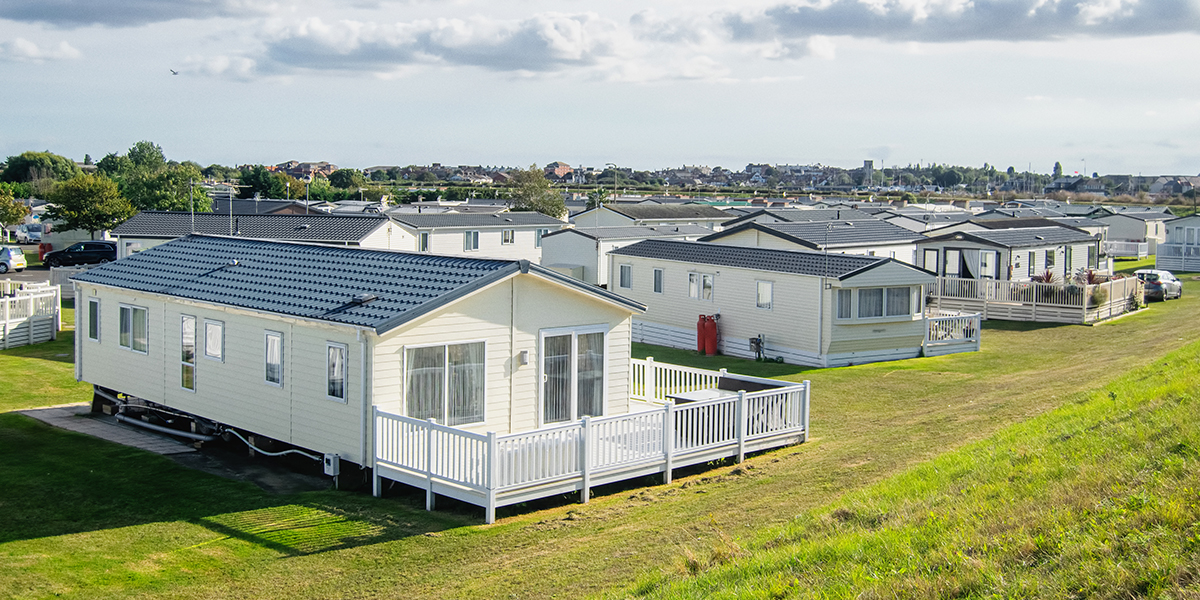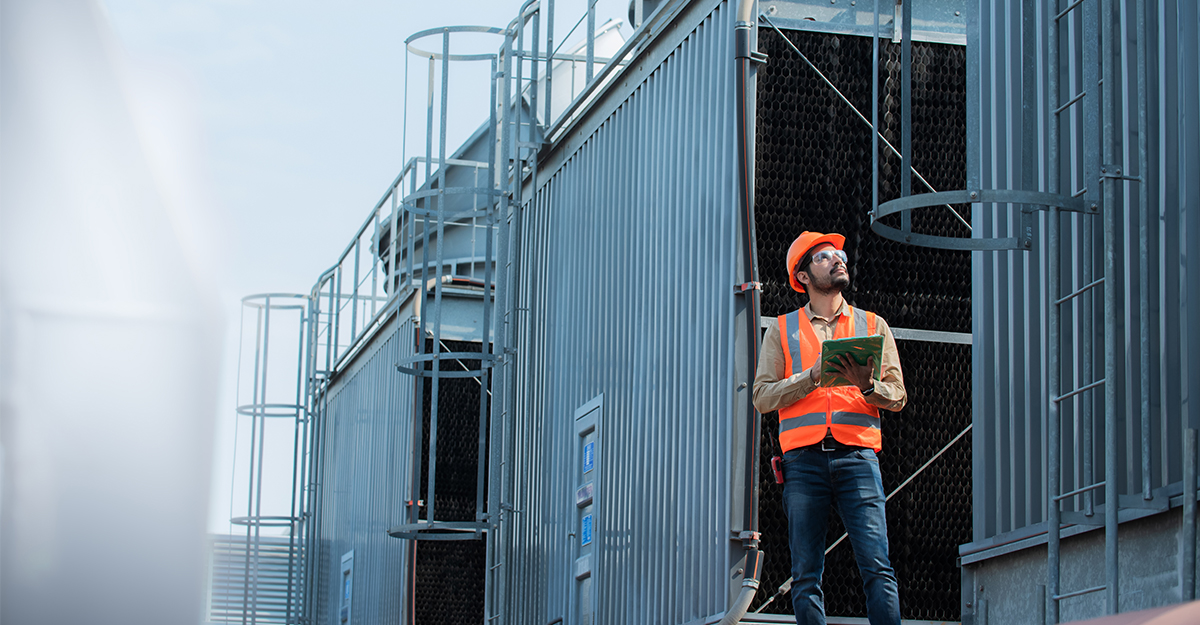As temperatures rise during the summer months, the demand for water in multifamily and manufactured housing communities tends to increase significantly. From maintaining lush green landscapes to ensuring residents have enough water for daily activities, the summer season can put a strain on water resources. Conserving water not only helps the environment but also reduces utility costs, making it a critical consideration for property managers and residents alike.
The Challenge of Summer Water Usage
In multifamily and manufactured housing communities, water usage typically peaks during the summer. Lawn irrigation, filling swimming pools, and increased tenant consumption due to the heat all contribute to higher water bills. Unfortunately, this coincides with a period when water supplies are often at their lowest, making conservation efforts even more crucial.
Why Water Conservation Matters
1. Cost Savings: Water conservation can lead to significant financial savings. Lower water usage translates to reduced utility bills for both property owners and residents. Additionally, many regions offer rebates and incentives for implementing water-saving technologies, further offsetting costs.
2. Community Responsibility: Practicing water conservation demonstrates a commitment to sustainability and responsible resource management. It fosters a sense of community awareness and cooperation, encouraging residents to adopt environmentally friendly habits.
3. Environmental Impact: Conserving water helps protect natural ecosystems that depend on freshwater. Reduced water consumption means less strain on local water sources, which can help maintain ecological balance and preserve wildlife habitats.
Leveraging Water Technology for Conservation
Advancements in water technology provide multifamily communities with innovative solutions to manage and reduce water usage effectively. Here are some key technologies that can make a difference:
1. Real-Time Water Monitoring: Water monitoring solutions provide real-time data on water usage, helping property managers identify trends, pinpoint inefficiencies, and make informed decisions about water management. Access to detailed reports and analytics can drive more effective conservation strategies.
2. High-Efficiency Fixtures: Upgrading to high-efficiency faucets, showerheads, and toilets can drastically cut water consumption. These fixtures are designed to perform well while using less water, making them a smart investment for any multifamily property.
3. Smart Irrigation Systems: These systems use weather data and soil moisture sensors to optimize watering schedules. By delivering the right amount of water at the right time, smart irrigation systems can significantly reduce water waste while maintaining healthy landscapes.
Implementing a Water Conservation Plan
To maximize the benefits of water technology, multifamily communities should develop a comprehensive water conservation plan. Here are some steps to consider:
1. Conduct a Water Audit: Assess the current water usage patterns and identify areas where improvements can be made. This will help prioritize the implementation of water-saving technologies.
2. Educate Residents: Engage residents in the conservation effort by providing information and resources on how they can reduce water usage. Simple actions like fixing leaks promptly, taking shorter showers, and using water-efficient appliances can collectively make a significant impact. (Link to resident conservation tips post)
3. Regular Maintenance: Ensure that all water-related systems and fixtures are well-maintained. Regular inspections and timely repairs can prevent water wastage and maintain the efficiency of installed technologies.
4. Monitor and Adjust: Continuously monitor water usage and adjust conservation strategies as needed. Use the data from water monitoring systems to track progress and make necessary adjustments to optimize water savings.
Water conservation is essential for multifamily and manufactured housing communities, especially during the summer months when water demand is at its peak. By leveraging advanced water technologies and fostering a culture of conservation, communities can protect valuable water resources, reduce costs, and contribute to a sustainable future. Implementing effective water management practices not only benefits the environment but also enhances the quality of life for residents, creating a win-win situation for everyone involved.
For more information on how to jump-start your community’s water conservation efforts, contact us today!




